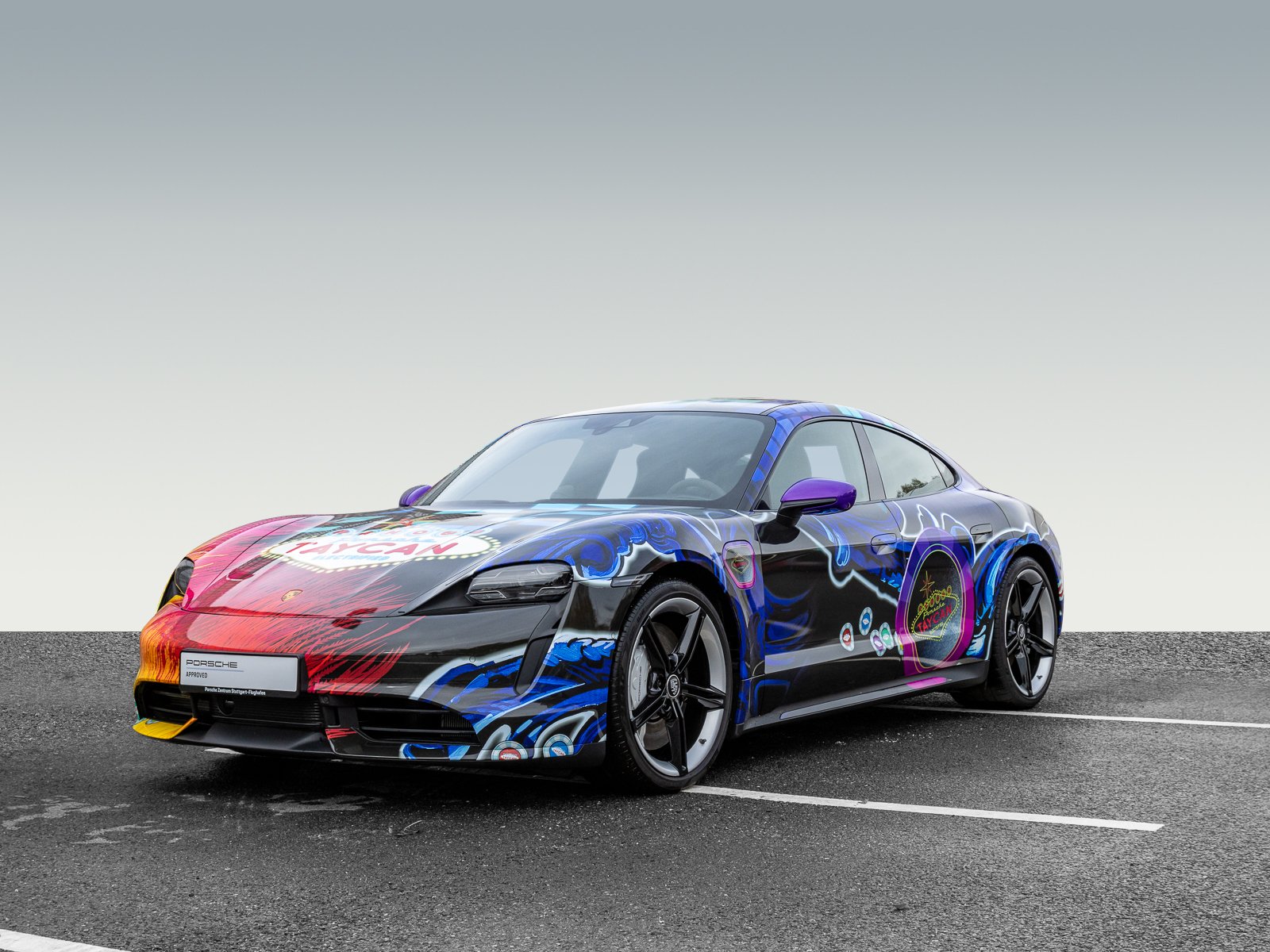
Porsche AG closed the year 2021 with a record in new car deliveries. The already good year 2020 was exceeded by a further eleven percent. Porsche made particularly strong gains in North America.
In 2021, Porsche defied the pandemic with record figures, surprisingly. Never before have so many vehicles with the Stuttgart crest been delivered. 301,915 deliveries are on the books for 2021. According to Detlev von Platen, Member of the Executive Board responsible for Sales and Marketing, demand remains high. The order books are still well filled.
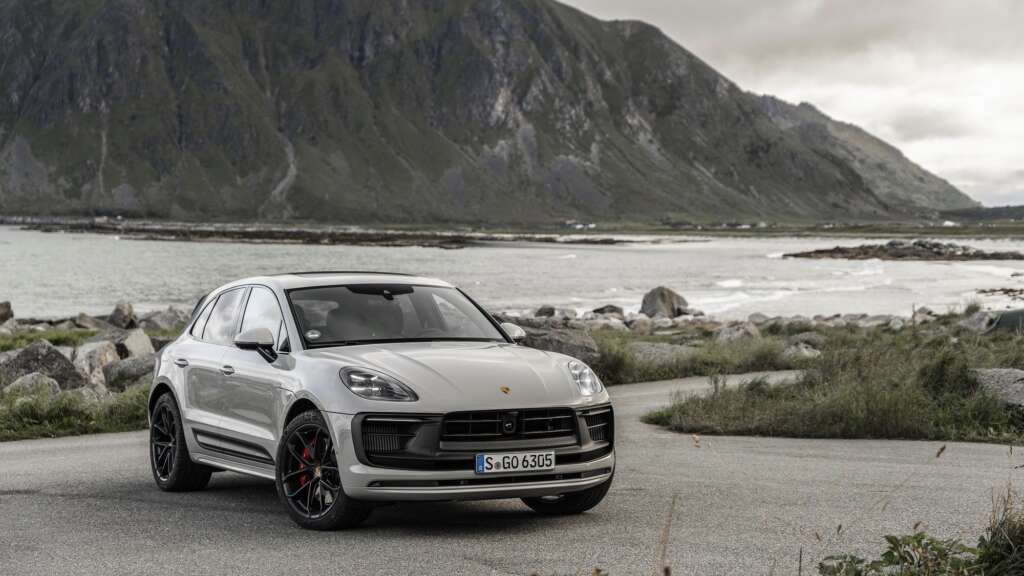
Porsche Macan and Cayenne were again the biggest sellers in 2021. 88,362 and 83,071 deliveries were counted respectively. The SUVs thus account for more than half of Porsche’s annual sales. The all-electric Porsche Taycan is in third place. With 41,296 cars, it outperformed the 992-gen 911, even though Porsche’s trademark sportscar also had a record year with 38,464 shifted units. Rounding off the sales figures were Panamera and 718 with 30,220 and 20,502 deliveries respectively.
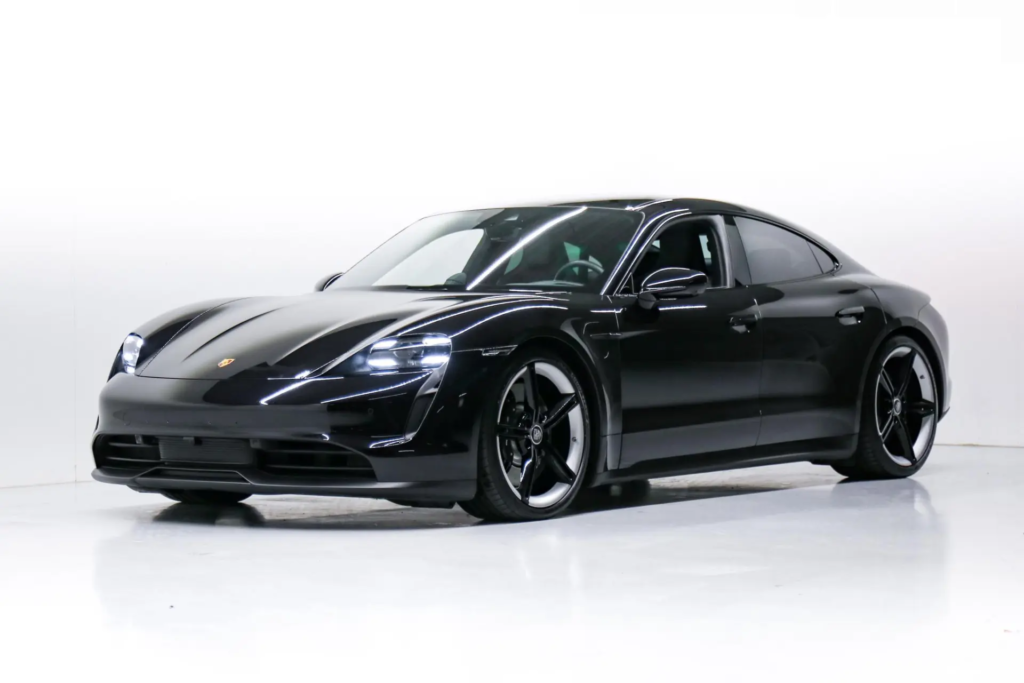
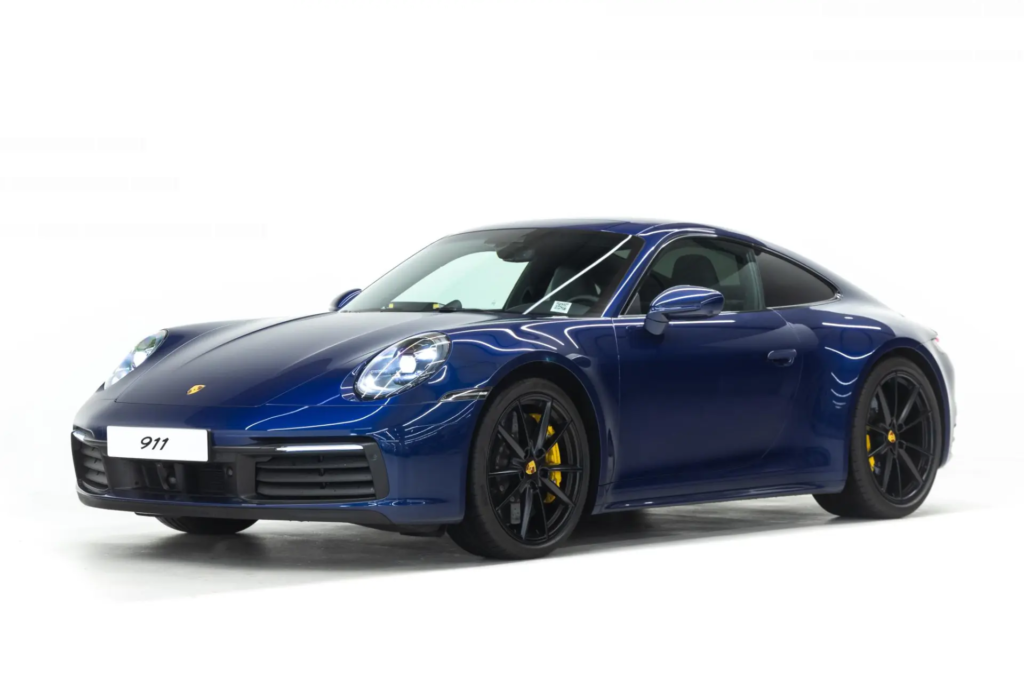
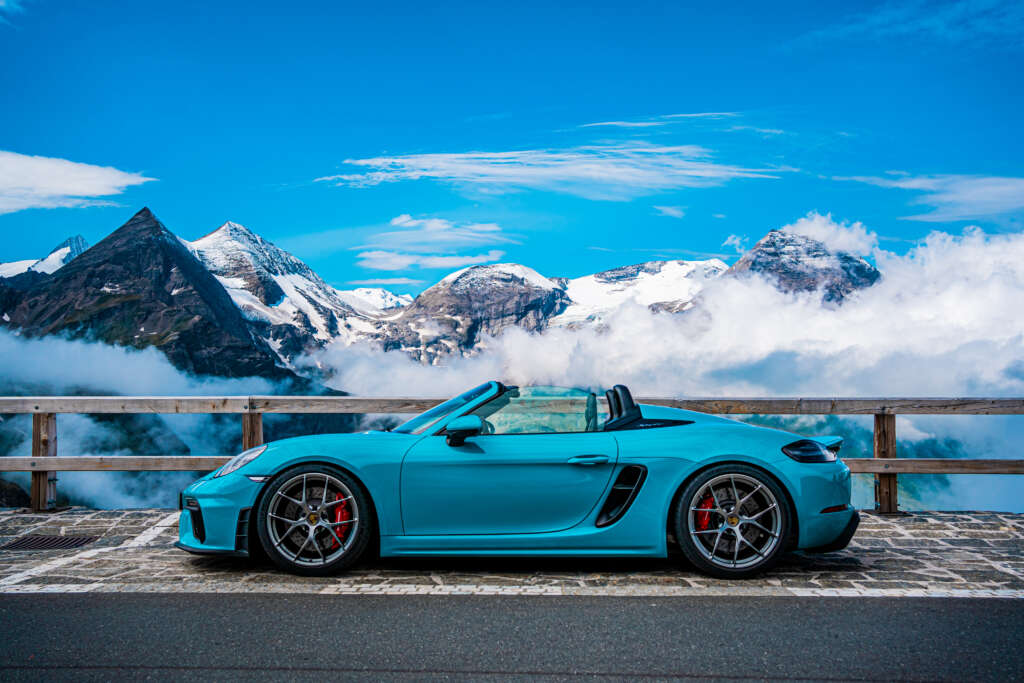
While Europe and Asia recorded fairly uniform growth rates of seven to nine percent, Porsche is virtually booming in the USA. A whopping 22% increase in car devlieres recorded overseas. This certainly also has to do with the increased electrification of the core brand. In this segment alone, Porsche increased by 40%. However, China is still the strongest national market in the world. Here, the 100,000 vehicle mark was almost cracked.
The strategy to further electrify our fleet is working and is in line with demand and the preferences of our customers.
Detlev von Platen, Member of the Executive Board responsible for Sales and Marketing at Porsche AG
| Porsche AG Auslieferungen | 2020 | 2021 | Differenz |
| Weltweit | 272.162 | 301.915 | +11% |
| Europa | 80.892 | 86.160 | +7% |
| Deutschland | 26.152 | 28.565 | +9% |
| Amerika | 69.629 | 84.657 | +22% |
| USA | 57.294 | 70.025 | +22% |
| Asien-Pazifik, Afrika und Nahost | 121.641 | 131.098 | +8% |
| China | 88.968 | 95.671 | +8% |
Whether this trend can continue in 2022 depends to a large extent on the supply situation for semiconductors. Porsche is likely to have benefited here from Volkswagen’s group strategy. There, the supply of production with chips for expensive vehicles was prioritized. This strategy is only logical due to the higher margins in this segment. The question will be, whether the supply will collapse at some point, or not. Von Platen probably qualifies for this reason: “At the same time, unit sales are not the decisive factor for us. Rather, we want to stand for exclusive and unique customer experiences and will continue to expand these worldwide,” he states.
At the same time, news made the rounds that Porsche wants to pull out of the joint “Artemis” project. Together with VW, Audi and Bentley, Porsche had initiated the development of a joint platform for electric vehicles. This was preceded by disputes about the direction of the project itself. According to various media reports, Porsche did not agree with the focus on autonomous driving. After all, Porsche’s main target group probably prefers driving on their own in the future.
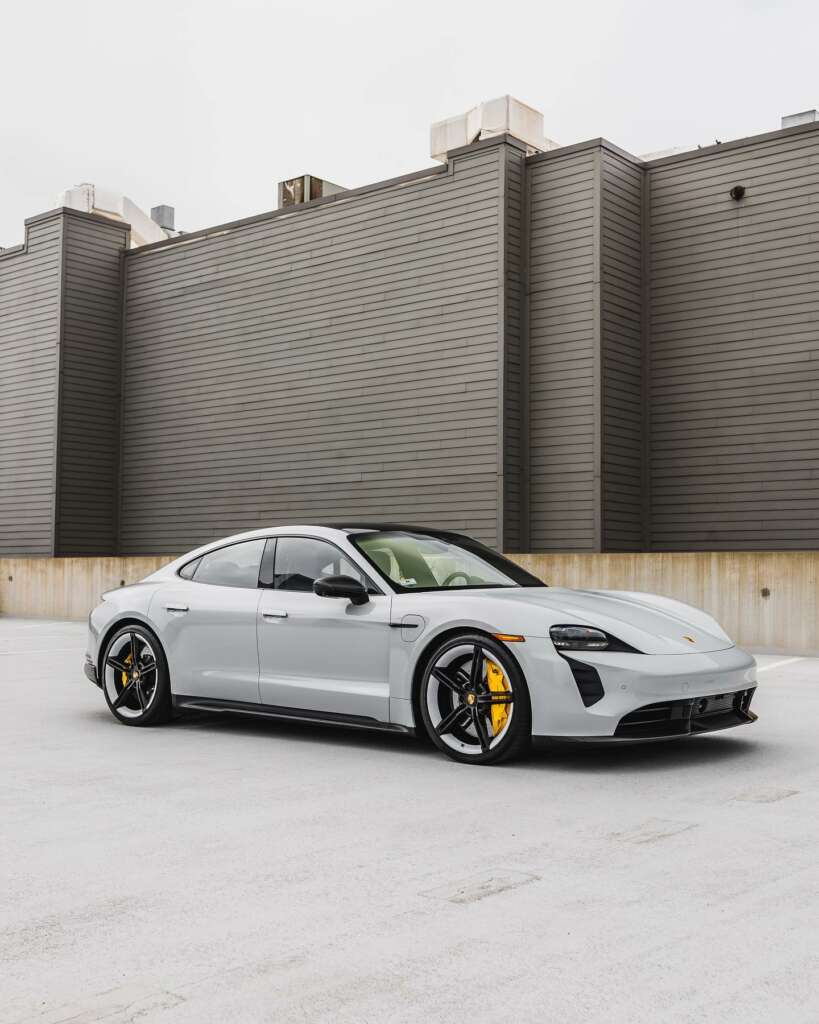
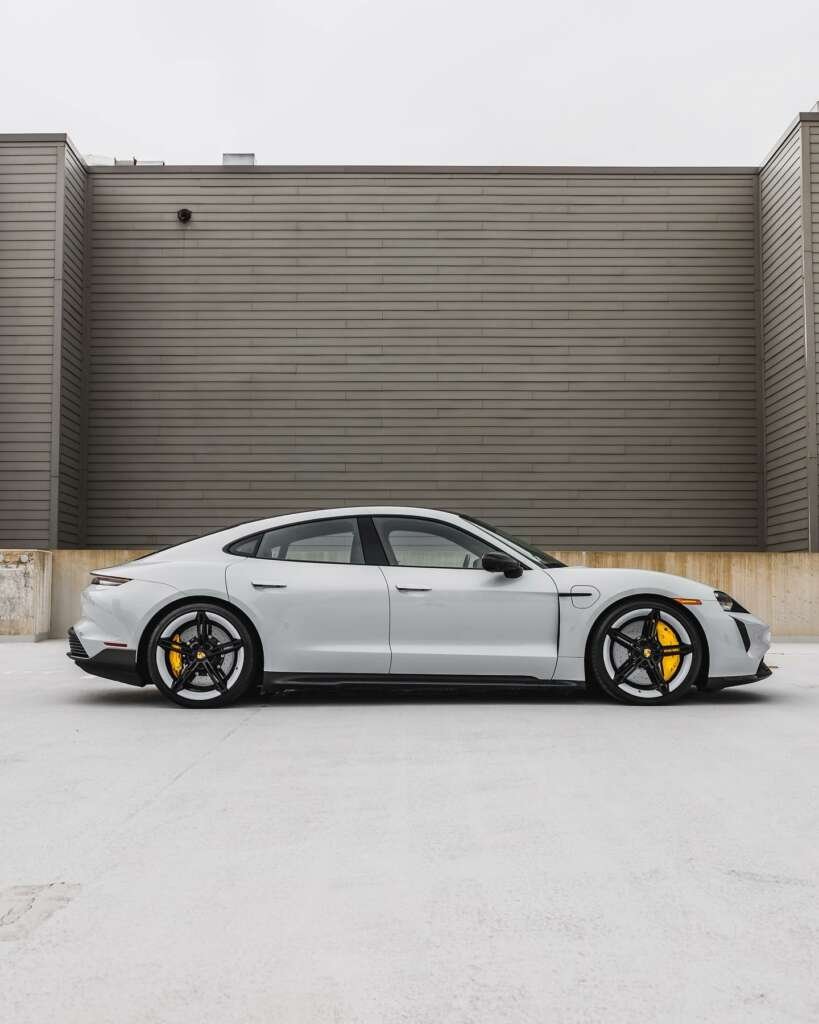
This step will cost Porsche AG dearly. Compensation payments of around 100 million Euros to the parent company are rumored. The contract for the production of the second Porsche e-car will then be awarded to the plant in Leipzig. It is questionable exactly what model will be produced there. The positioning of the Artemis suggests an SUV/crossover. It certainly won’t be boring. And the more sales of electric vehicles, the more certain the 911 will continue to exist.
cover picture: Porsche Center Stuttgart
Elferspot magazine